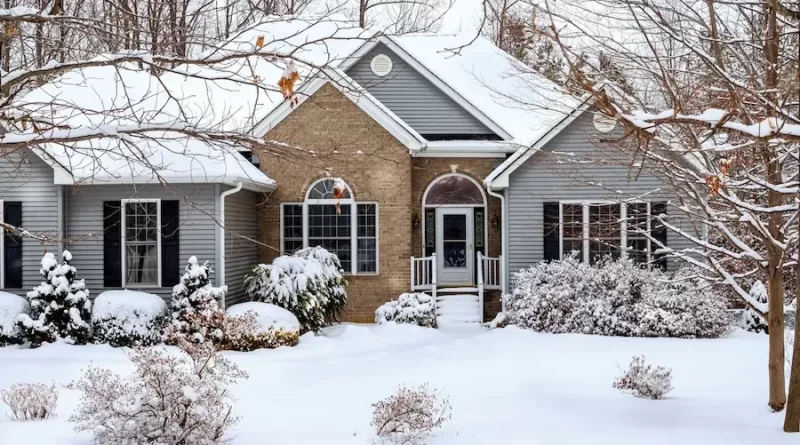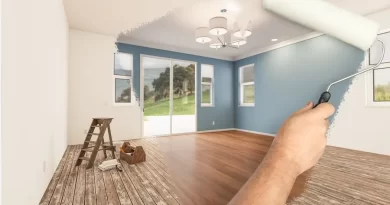Cold-Weather Care: A Comprehensive Guide to Winter Home Maintenance Tips
You can never know what winter will hold. There might be heavy snow some years and bright clear skies and unseasonably warm temperatures other years. However, you should always prepare for the worst-case scenario and perform home maintenance to reduce the risk of problems developing. The following tasks are ones you should carry out yearly to protect the home and its occupants.
Heating System Maintenance
Many people must run their heating system almost continuously during the winter. To keep it in good working condition, the system needs to be maintained. Schedule this maintenance with a heating and air professional, as they are trained to catch problems early. The system’s fan collects air filled with debris as it runs. Change the HVAC filter regularly to remove this debris, as a clogged filter will make the system work harder and may lead to uneven temperatures in the home. Look into hiring a good home warranty company to help with these maintenance and repair costs to keep your home at a comfortable temperature.
Reverse Ceiling Fans
Warm air rises, while cold air remains close to the ground. A person will notice this in rooms with high or vaulted ceilings more than anywhere else in the home. By adjusting how a ceiling fan spins, they can better control the temperature in a room. The fan has a switch that controls the direction the blades rotate. A clockwise motion moves heated air down in the room. In addition, set the fan at the lowest speed setting, as this makes the room feel cozier.
Test Carbon Monoxide and Smoke Detectors Throughout the Home
Many homeowners run wood stoves and space heaters throughout the winter months, and these devices could malfunction and lead to a house fire. In addition, live Christmas trees serve as a fire hazard if they aren’t watered regularly. Test all smoke and carbon monoxide detectors in the house as winter approaches to have confidence they will work if needed. At this time, remove any dust and debris clogging the holes. If the smoke or carbon monoxide detector is over ten years old, purchase a replacement. Doing so will help keep your family safe if a fire breaks out.
Examine Trees and Shrubs
Winter weather can be hard on trees and shrubs. High winds may bring any loose branches down, and these branches might harm your property or a person who lives in or is visiting the home. Ice and snow buildup on branches can also lead to them coming down, which creates a hazard. Examine all trees and shrubs on the property to see if any are near or on power lines or the home’s roof. Have them removed before the bad weather hits. In addition, watch the weather and cover plants and shrubs any time meteorologists are calling for a hard freeze.
Invest in a Generator
If you live in an area that loses power regularly, consider investing in a generator. A standalone model may be enough if power outages are short-lived. For those who live in an area with frequent storms and extended power outages, a whole-house generator might serve as a better option. It will allow normal household activities to continue without disruption so long as the generator has a fuel source available.
Make a home maintenance checklist, one you can use throughout the year rather than just during the winter months. This checklist ensures you overlook nothing when maintaining the home, and having the list will save you money. Problems can be caught early and handled, and you will have peace of mind, knowing you have done everything possible to keep the home in good working order. No price can be put on that.




